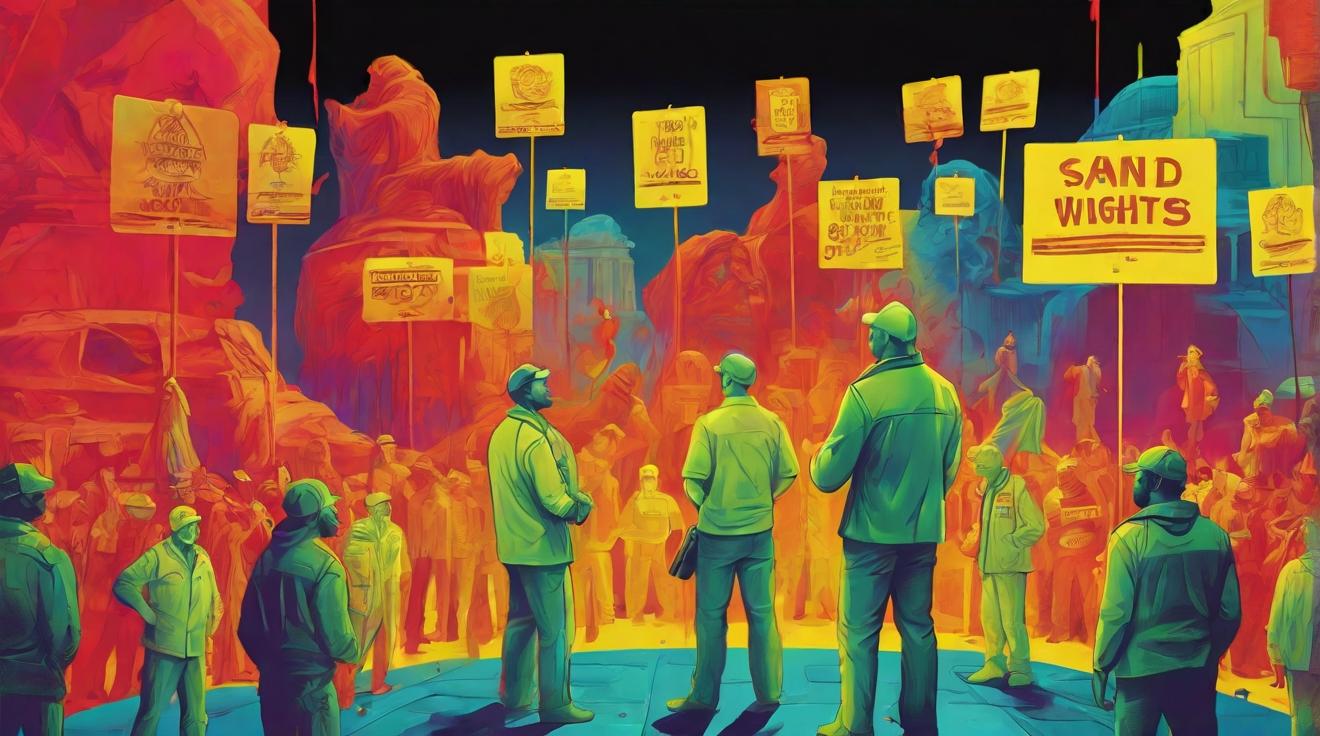Amazon Argues National Labor Relations Board is Unconstitutional, Echoes Claims by SpaceX and Trader Joe’s
In a recent legal filing, Amazon has asserted that the National Labor Relations Board (NLRB), which has been in operation for 88 years, is unconstitutional. This stance echoes similar arguments made by SpaceX and the popular grocery store chain, Trader Joe’s, related to disputes over workers’ rights and organizing.
The filing by Amazon comes in response to allegations made by agency prosecutors, which claim that the tech giant unlawfully retaliated against workers at a New York City warehouse who voted to unionize. Amazon denies many of the charges and is seeking the dismissal of the complaint. Their main argument is that the structure of the NLRB violates the Constitution's separation of powers by restricting the removal of administrative law judges and allowing the president to appoint five board members.
Amazon also asserts that the NLRB proceedings infringe upon its rights to a jury trial and due process under the Fifth Amendment.
In an interesting twist, Seth Goldstein, who represents both the Amazon Labor Union and the Trader Joe’s United labor group, has voiced concerns about the potential implications of this trend for the future of union organizing. It should be noted that SpaceX lodged a lawsuit against the NLRB in early January, while allegations of retaliation against union activists by Trader Joe's were raised during a labor board hearing. Both companies question the constitutionality of the NLRB's structure and administrative law judges.
These legal challenges against the NLRB by powerhouse companies like Amazon, SpaceX, and Trader Joe’s have raised eyebrows and brought the agency's constitutionality into question. The outcomes of these cases could have far-reaching effects on workers’ rights and the landscape of union organizing in the United States.
Analyst comment
Neutral news.
As an analyst, this news highlights the ongoing legal battles between companies like Amazon, SpaceX, and Trader Joe’s and the National Labor Relations Board. The outcome will depend on the courts’ interpretation of the NLRB’s constitutionality and its impact on workers’ rights and union organizing.













